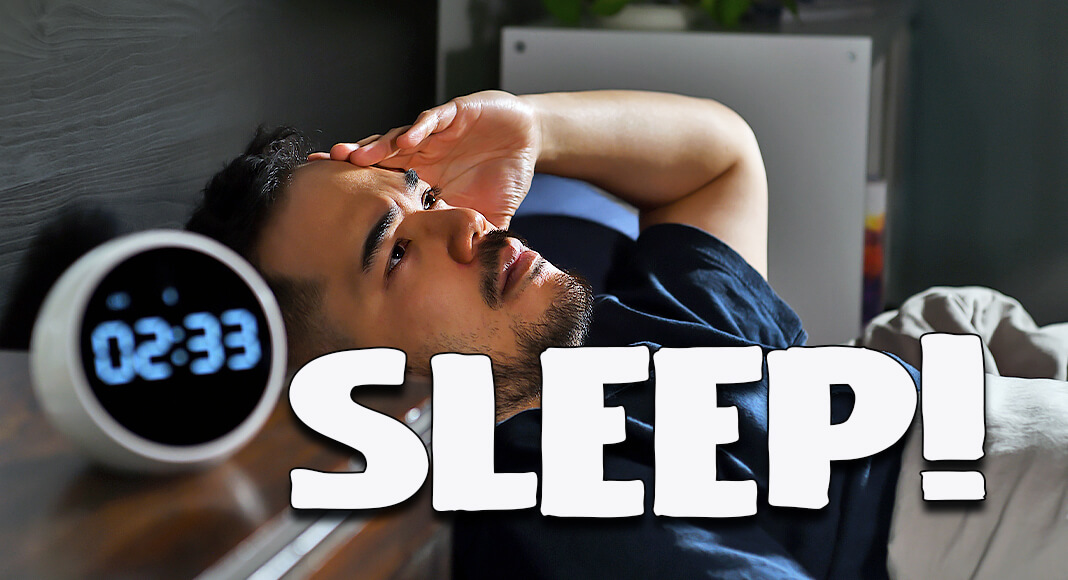
Mega Doctor News
WASHINGTON, DC — Sleep loss does more than just make us tired. It can undermine our emotional functioning, decrease positive moods and put us at higher risk for anxiety symptoms, according to a study published by the American Psychological Association that synthesized more than 50 years of research on sleep deprivation and mood.
“In our largely sleep-deprived society, quantifying the effects of sleep loss on emotion is critical for promoting psychological health,” said study lead author Cara Palmer, PhD, of Montana State University. “This study represents the most comprehensive synthesis of experimental sleep and emotion research to date, and provides strong evidence that periods of extended wakefulness, shortened sleep duration, and nighttime awakenings adversely influence human emotional functioning.”
The study was published in the journal Psychological Bulletin.
Palmer and her colleagues, including co-lead author Joanne Bower, PhD, University of East Anglia, analyzed data from 154 studies spanning five decades, with 5,715 total participants. In all those studies, researchers disrupted participants’ sleep for one or more nights. In some experiments, participants were kept awake for an extended period. In others, they were allowed a shorter-than-typical amount of sleep, and in others they were periodically awakened throughout the night. Each study also measured at least one emotion-related variable after the sleep manipulation, such as participants’ self-reported mood, their response to emotional stimuli, and measures of depression and anxiety symptoms.
Overall, the researchers found that all three types of sleep loss resulted in fewer positive emotions such as joy, happiness and contentment among participants, as well as increased anxiety symptoms such as a rapid heart rate and increased worrying.
“This occurred even after short periods of sleep loss, like staying up an hour or two later than usual or after losing just a few of hours of sleep,” Palmer said. “We also found that sleep loss increased anxiety symptoms and blunted arousal in response to emotional stimuli.”
Findings for symptoms of depression were smaller and less consistent, as were those for negative emotions such as sadness, worry and stress.
One limitation to the study is that the majority of participants were young adults—the average age was 23. Future research should include a more diverse age sample to better understand how sleep deprivation affects people at different ages, according to the researchers. Other directions for future research could include examining the effects of multiple nights of sleep loss, looking at individual differences to find out why some people may be more vulnerable than others to the effects of sleep loss, and examining the effects of sleep loss across different cultures, as most of the research in the current study was conducted in the United States and Europe, according to the researchers.
“Research has found that more than 30 percent of adults and up to 90 percent of teens don’t get enough sleep,” Palmer said. “The implications of this research for individual and public health are considerable in a largely sleep-deprived society. Industries and sectors prone to sleep loss, such as first responders, pilots and truck drivers, should develop and adopt policies that prioritize sleep to mitigate against the risks to daytime function and well-being.”
Information Source: American Psychological Association Pressroom











